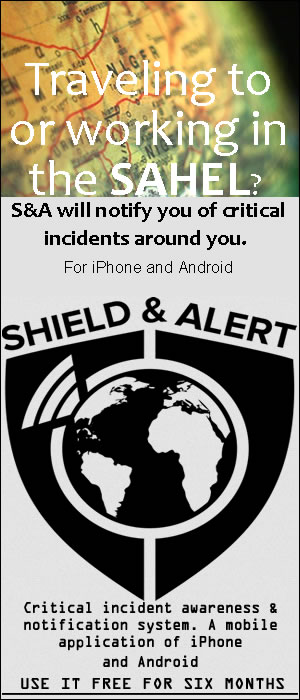War and hunger threaten to “consume” all of Sudan, where hundreds of thousands of malnourished children are at risk of dying, the UN warned Friday, decrying a dire lack of aid funding. After four months of a bloody power struggle between Sudan’s army and its former ally the paramilitary Rapid Support Forces (RSF), thousands of people have been killed and infrastructure devastated in the already impoverished country.
“The war in Sudan is fuelling a humanitarian emergency of epic proportions,” said the United Nations’ humanitarian chief Martin Griffiths. “This viral conflict — and the hunger, disease and displacement left in its wake — now threatens to consume the entire country.” Since the war erupted on April 15, pitting army chief General Abdel Fattah al-Burhan against the RSF commanded by Mohamed Hamdan Daglo, nearly 5,000 people have been killed, according to conservative estimates from the Armed Conflict Location & Event Data project.
But the battles have prevented the recovery of the bodies of many others thought to have died. More than 4.6 million people have meanwhile been forced to flee their homes, either within the country or across its borders as refugees, according to UN figures.
‘Imminent risk of death’
“The longer the fighting continues, the more devastating its impact. Some places have already run out of food,” Griffiths’ statement said. “Hundreds of thousands of children are severely malnourished and at imminent risk of death if left untreated.” He said that in Kadugli, in South Kordofan state, “food stocks have been fully depleted, as clashes and road blockages prevent aid workers from reaching the hungry.”
According to the UN’s World Health Organization, 20.3 million people — more than 42 percent of Sudan’s population — are facing acute food insecurity. Griffiths appealed for more funding and access to deliver desperately needed aid. “Civilians need life-saving assistance now; humanitarians need access and funding to deliver it,” he said. “The international community needs to respond with the urgency this crisis deserves.”
The UN has launched an appeal for $2.6 billion to respond to the Sudan risis this year, but so far it is just 26-percent funded, UN humanitarian agency spokesman Jens Laerke told reporters in Geneva. “We urge the donor community and those donors who have pledged (but not yet delivered)… to come through with that funding, to speed it up,” he said.
‘Massive’ scale-up needed
In addition to the funding shortfall, Laerke lamented massive “bureaucratic impediments”, leaving aid stuck in containers in Port Sudan and aid workers waiting weeks for visas. At the same time, displacement is not slowing down. The medical charity Doctors Without Borders (MSF) warned Friday of the dire situation for around 380,000 people who have been displaced into neighbouring Chad.
There are still around 2,000 border crossings into Chad each day, with the influx by far overwhelming the capacities of aid workers on the ground, it said.
There is “a very understated, insufficient humanitarian response,” MSF emergency coordinator Trish Newport told reporters, calling for donors to step up and aid organisations to scale up operations urgently. “People are arriving and they don’t have adequate access to water, they don’t have adequate access to shelter, there’s not enough health care,” she said.
Susanna Borges, MSF’s emergency coordinator in Chad, agreed that the dramatic influx meant “the basic needs are not met”. She described swelling camps with a dire lack of shelter, leaving thousands outdoors, little food, few latrines and women and children digging in the dirt in search of water.
“There is a need for a massive and rapid humanitarian scale-up,” Newport said, “or else the emergency that exists today is going to deteriorate into something even bigger.” Griffiths said: “A protracted conflict in Sudan could tip the entire region into a humanitarian catastrophe.”




